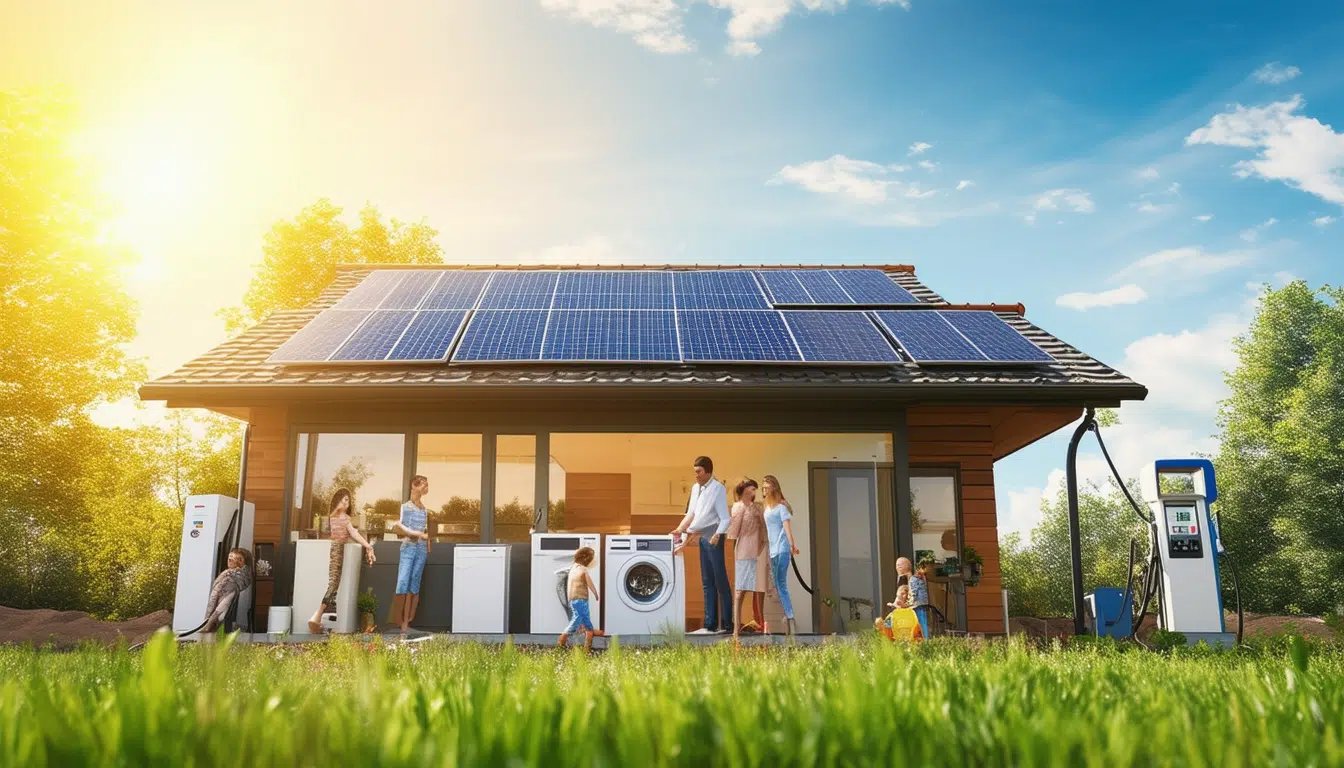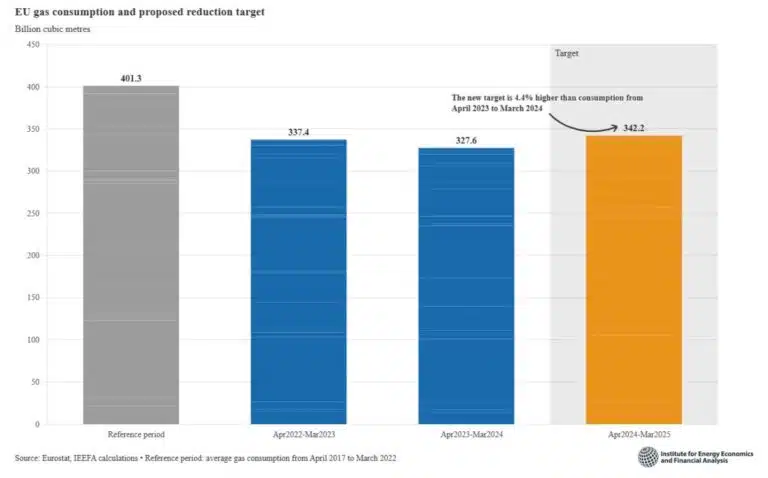Energy efficiency and its impact on reducing fuel expenses

Energy efficiency stands as a fundamental principle for optimizing the use of energy resources, especially in the transportation sector. Adopting practices that improve energy efficiency not only contributes to lower energy consumption but also has a direct impact on the reduction of fuel costs. As environmental concerns rise and fuel prices become more variable, implementing strategies that promote the conscious and effective use of energy becomes indispensable. In this way, a dual objective is achieved: to reduce CO2 emissions and generate significant savings in the budgets of users and companies.
Energy efficiency has become a vital tool for achieving a significant reduction in fuel expenses while simultaneously minimizing environmental impact. This article explores how adopting more efficient practices benefits not only the user’s economy but also contributes to the sustainability of the planet.
Understanding energy efficiency
Energy efficiency refers to the optimal use of energy to achieve maximum output while minimizing unnecessary consumption. Through the implementation of technologies and practices that optimize energy use, it is possible to maintain comfort and functionality without sacrificing service quality.
Best practices in energy efficiency
There are several ways to improve energy efficiency. In the transportation sector, options such as utilizing more efficient vehicles and promoting public transportation play a crucial role. By choosing cars with optimized engines, significant reductions in fuel consumption and, therefore, expenses can be achieved.
Impact on the reduction of fuel costs
Improving energy efficiency not only has environmental benefits, but it also translates into notable economic savings. With practices such as regular vehicle maintenance and the use of advanced technologies, CO2 emissions and fuel consumption can be reduced, which is essential in times of increasing trends towards sustainability.
Benefits of adopting more efficient vehicles
Vehicles operating under an energy efficiency model offer better fuel management. This results in reduced dependence on non-renewable sources and simultaneously decreases the carbon footprint. Therefore, choosing more sustainable transportation options achieves a dual benefit: savings on expenses and environmental protection.
The importance of maintenance and technology
Proper maintenance of vehicles is essential for maximizing energy efficiency. By regularly checking the combustion system and other components, it is ensured that the vehicle operates optimally, leading to lower fuel consumption. Additionally, the use of innovative technologies, such as hybrid and electric engines, also significantly contributes to the reduction of fuel expenses.
Energy-saving initiatives
The implementation of energy-saving measures at home and in businesses can lead to considerable savings. From installing savings devices to using renewable energy, these initiatives help to decrease the demand for fossil fuels. For example, the push towards using cleaner technologies, such as hydrogen and solar energy, is revolutionizing the sector and offering new transportation solutions.
Conclusion on the importance of energy efficiency
Adopting energy efficiency practices in all aspects of life, from home to transportation, is fundamental to reducing fuel costs. The interaction between technology, proper maintenance, and a conscious use of resources can have a significant impact on environmental sustainability and the economy of users.
The impact of Energy Efficiency on Fuel Cost Reduction
Energy efficiency has become a fundamental pillar for reducing fuel costs across various sectors, especially in transportation. By implementing strategies that optimize energy use, significant savings in costs are achieved, and CO2 emissions to the environment are also reduced. The use of more efficient vehicles allows companies and individuals to decrease their dependence on non-renewable energy sources, thus favoring a more sustainable future.
Moreover, the improvement of combustion systems is essential to maximize energy performance. By adopting technologies that increase the proportion of energy utilized in processes, the amount of fuel required to achieve the same level of output is reduced. This not only lowers operating expenses but also generates environmental benefits that positively affect public health and the conservation of natural resources.
The implementation of energy-saving practices extends beyond vehicle use. In the domestic sphere, small changes in energy consumption, such as using more efficient appliances, can also lead to significant reductions in energy costs. Collective awareness regarding responsible energy management is crucial, as every action counts in the global effort to combat climate change.
In summary, the key to advancing towards a future less dependent on fossil fuels lies in the widespread adoption of energy efficiency. This transformation not only benefits individual or corporate economies but also, on a larger scale, contributes to the sustainability of the planet and the health of future generations.




